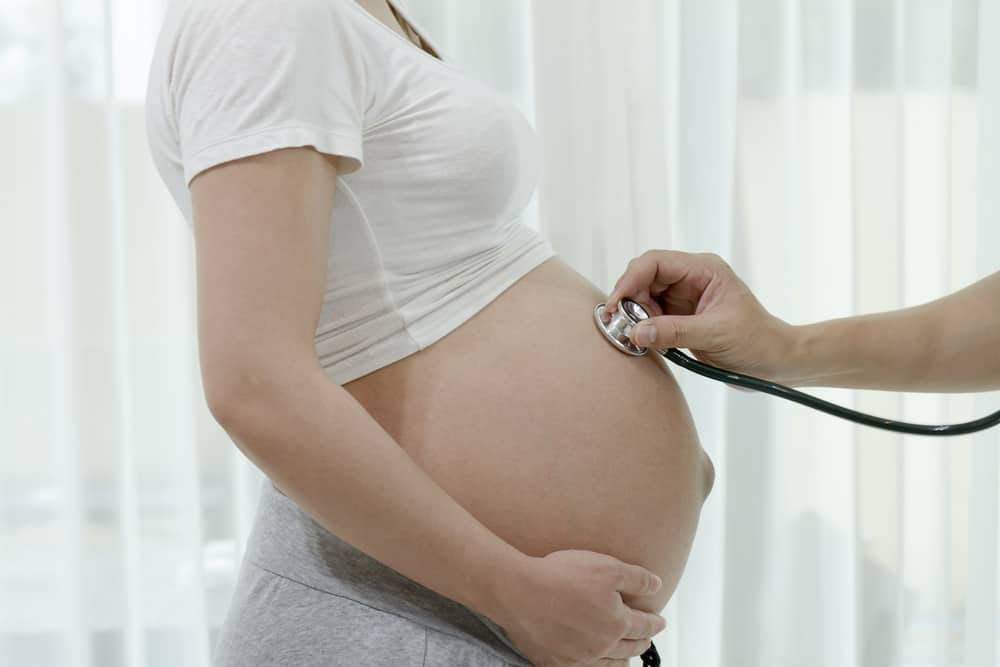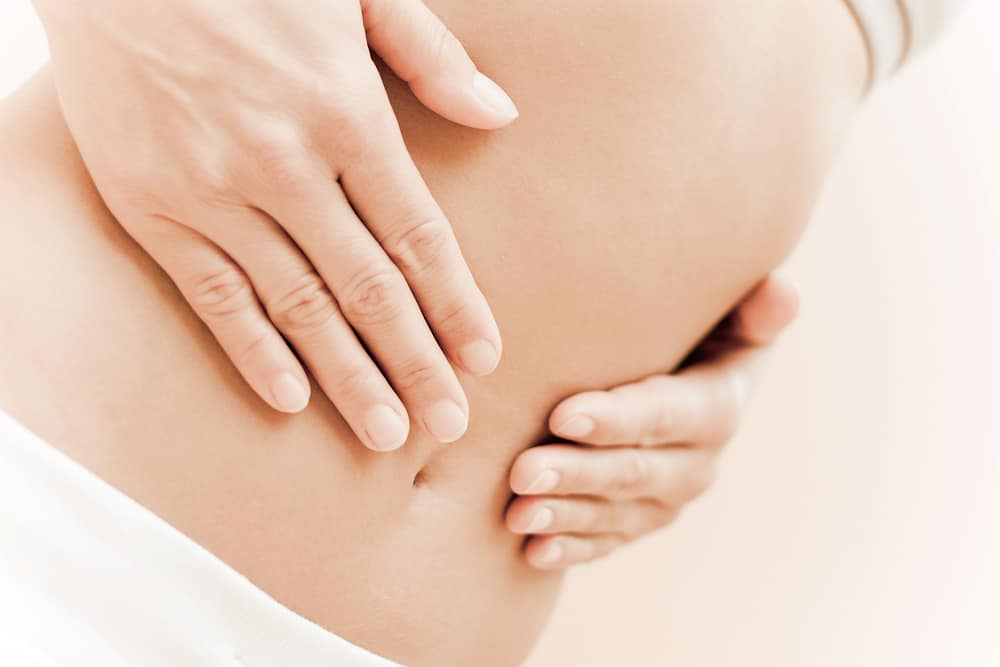Contents:
- Medical Video: 7 Days Before Period Pregnancy Symptoms You Should Know 🤰🤰
- What causes the uterus to be weak?
- Symptoms and signs of the cervix are weak
- How do doctors diagnose cervical incompetence?
- Treatment and treatment used to treat cervical incompetence
- Can you prevent the uterus from weakening?
Medical Video: 7 Days Before Period Pregnancy Symptoms You Should Know 🤰🤰
A strong uterus is needed to support the growth and development of the fetus which will be more severe throughout the pregnancy. But in one in 100 pregnancies, women can have a weak uterus. A weak uterus, called cervical incompetence, is a complication of pregnancy that can be fatal. A weak uterus can cause premature birth and increase the risk of stillbirth. This condition is also reported to cause miscarriage in the second trimester.
What causes the uterus to be weak?
The cervix is the cervix that connects the vagina to the uterus. Before pregnancy, the cervix is usually closed and stiff. As pregnancy progresses and preparations for childbirth, the cervix will slowly soften, shorten, and widen (open). This allows the baby to come out and be born into the world.
Well, during pregnancy, the baby's weight will also continue to increase so that it compresses the cervix. This large pressure can cause the cervix to open more quickly before the baby is truly ready to be born. This condition is called a weak uterus or cervical incompetence. This usually occurs at the beginning of the second trimester until the end of the third trimester. Incompetence of the cervix can cause miscarriage or premature labor.
Some of the following factors can also increase the risk of pregnant women having a weak cervix, namely:
- Have had surgery on the cervix, such as the LEEP procedure.
- Have experienced one or more spontaneous preterm births.
- History of cervical trauma, for example from a curette due to miscarriage or abortion.
- Having uterine abnormalities. Uterine abnormalities and genetic disorders that affect collagen production can cause cervical tissue to weaken.
- Taking DES drugs (Diethylstilbestrol), synthetic hormone therapy, during pregnancy.
- Cervical tissue damage during childbirth is difficult
If you have had a weak cervix in a previous pregnancy, then you risk experiencing it again in a subsequent pregnancy. If you are considering getting pregnant again, talk to your obstetrician to find out the risks and treatments that can be done during pregnancy.
Symptoms and signs of the cervix are weak
A weak uterus generally does not show significant symptoms. In most cases, the incompetence of the cervix can be characterized by a mild abdominal pain / cramping and the appearance of blood spots for several days.
The following symptoms and signs that you need to be aware of:
- Pelvis aches due to large pressure
- Back pain
- Mild abdominal cramps
- Changes in vaginal discharge (white, yellow or brown)
- Blood spots
These symptoms and signs usually occur between the fourteenth to the 20th week of pregnancy.
How do doctors diagnose cervical incompetence?
Checking cervical incompetence is not part of routine prenatal care. Moreover, the risk of a weak uterus cannot be known before pregnancy. Therefore, this condition is usually not diagnosed until a miscarriage occurs in the second or third trimester.
However, some tests carried out before pregnancy can help detect uterine abnormalities that may be the cause of cervical incompetence. If you belong to a group of women who are at high risk of experiencing cervical incompetence during pregnancy (see subparagraphs above), consult a doctor for a detailed examination. Usually, a hysterosalpingography, ultrasound, or MRI scan can tell the doctor how well the condition of the uterine organs, fallopian tubes, and surrounding area.
During the second trimester, it's a good idea to ask for a transvaginal ultrasound test, pelvic test, or test for amniotic fluid samples to make sure you don't have risk factors for the weakening of the cervix. Amniotic fluid infection is one of them.
Treatment and treatment used to treat cervical incompetence
The choice of treatment for a weak uterus will depend on the causes and risk factors that you have.
For example, if you have a history of preterm birth, your doctor will probably recommend injecting the hormone progesterone during the second trimester. This aims to strengthen the cervical and uterine tissues. However, you need careful consultation to determine whether this step is right for your condition. Progesterone injections are not always effective in all cases, especially in the pregnancy of twins.
Your doctor may also advise you to undergo a more frequent ultrasound to monitor the length of your cervix at all times. Ultrasound will be carried out every two weeks from the 15th week to the 24th week of pregnancy. If your cervix starts to open or becomes shorter than the length you should, the doctor will recommend an advanced procedure, cerclage cervix.
Cervical cerclage is a suturing procedure around the cervix to strengthen and hold it in place to keep it closed. This procedure is done if your gestational age is less than 24 weeks or has a history of preterm birth, and the ultrasound results indicate that your cervix is open. This procedure is usually done before the 14th week of pregnancy. Suturing the cervix is also not recommended for twins.
Whichever treatment the doctor recommends, you will be asked to undergo bedrest while pregnant. This aims to prevent physical activity that is too burdensome and can further weaken your cervix. You may also be advised to stop having sex for a while or maybe continue for the rest of the pregnancy, depending on your condition.
Can you prevent the uterus from weakening?
Most cases of the uterus are weakly influenced by genetic factors, so you can't really prevent it.
However, there are a number of things you can do to keep your pregnancy healthy until the date of birth, that is by routinely undergoing a pregnancy check up, maintaining a healthy diet during pregnancy (especially fulfilling folic acid, iron and calcium), taking vitamins get pregnant (if necessary), and exercise as much as possible to keep your weight healthy.
Also avoid exposure to harmful chemicals that can increase pregnancy complications resulting in fatal, such as liquor (alcohol) and cigarettes.













